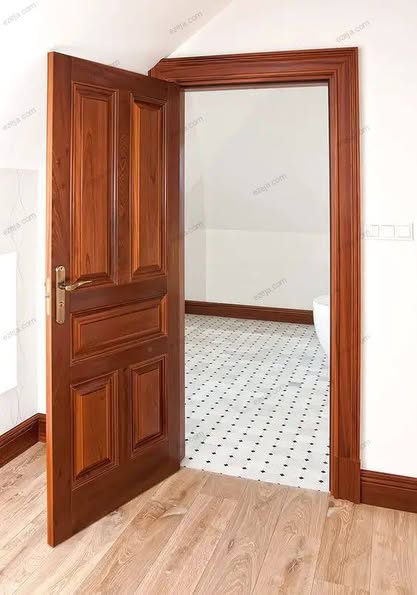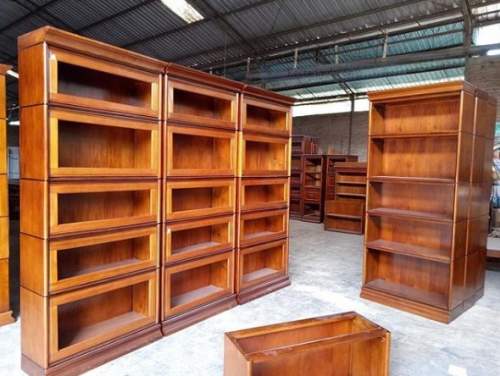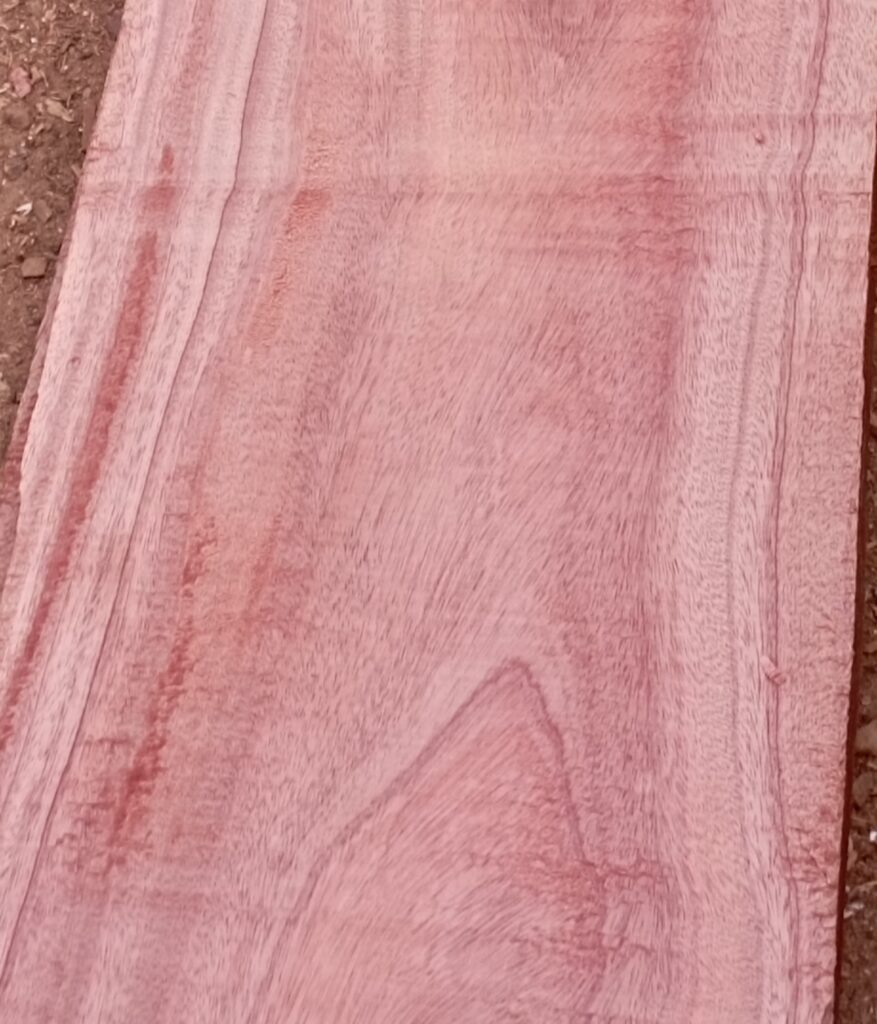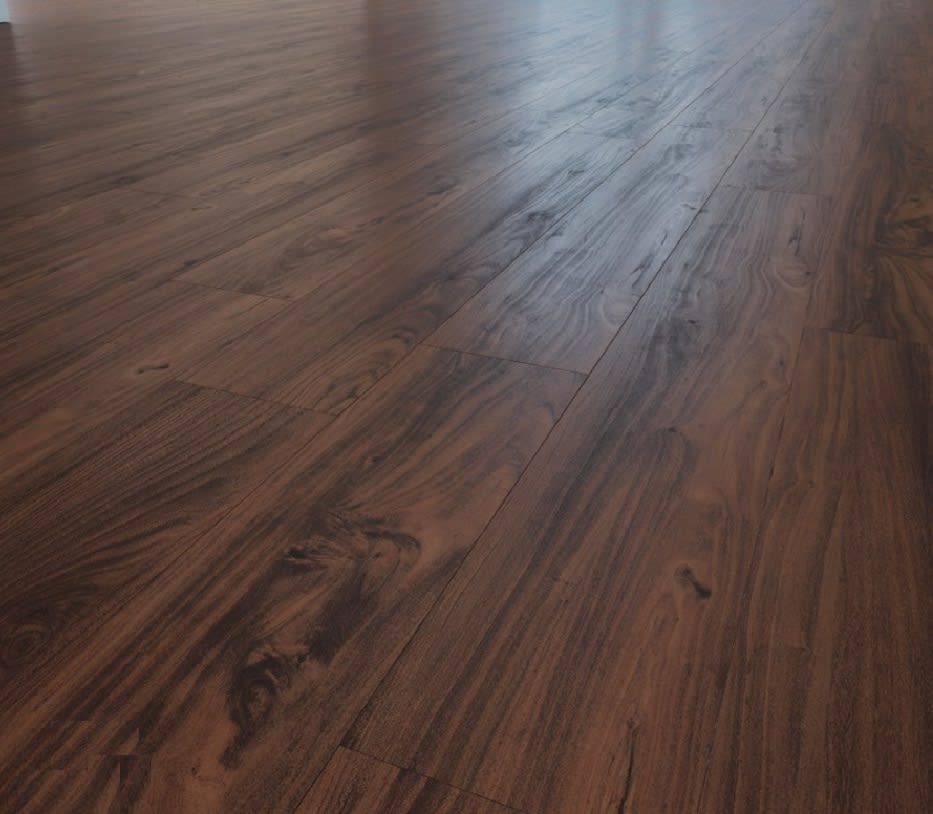There are several compelling reasons why Nigerians should consider choosing solid wood doors over inferior imported proliferations across local building material markets. While these imported doors, most of which are made from composite and aluminum materials, offer certain benefits over solid wood doors (like affordability and moisture resistance), solid wood doors provide distinct, valuable advantages that align with local preferences, resources, and long-term sustainability.
This is not a claim that all doors imported into Nigeria are inferior, but most actually are. This is also not a claim that countries like China, Israel, Turkiye, India, USA, and other countries who make majority of the inferior doors in Nigerian building material markets can’t make nice solid wood doors that tick all the boxes. They actually do, and a quick scan through their movies shows they have long discovered the value of exquisitely made solid wood doors over the ones we hype as imported doors here. They probably just ship the affordable ones they make from synthetic materials down to us while keeping the best (in this case, solid wood doors) for their local consumers. What follows below is why solid wood doors are a better option and why you should choose them for your next building project:
- Aesthetic and Cultural Appeal
Solid wood doors have a unique, timeless appeal that cannot be replicated by synthetic materials like aluminum or composites. The natural grains, texture, and color variations of wood can enhance the aesthetic value of a home, contributing to a warm, welcoming atmosphere.
Wood can also be easily customized through carving, staining, or painting to suit various interior and exterior styles. The ability to adapt designs to match specific tastes is a big advantage over mass-produced imported doors.
Lastly, wood has deep cultural significance in Nigeria, and solid wood doors reflect traditional craftsmanship. Nigerian artisans have a long history of working with wood, and a solid wood door can incorporate intricate local designs, showcasing the skill and heritage of the craftsmen. This adds a sense of authenticity and cultural pride to the home or building.
- Durability and Longevity
While imported doors made from synthetic materials can be durable, solid wood doors often outlast them. Wood, when treated and properly maintained, can last for decades, with fewer concerns about wear and tear. In particular, high-quality hardwoods like mahogany, teak, and iroko which are available in commercial quantities in Nigeria and well utilized for door making by local manufacturers like Ezeja, are extremely tough and resistant to environmental stresses.
Solid wood doors can also be repaired or refinished if they become scratched, dented, or damaged. This level of maintenance is harder to achieve with aluminum or composite doors, which may require replacement if damaged.
Wooden doors are also a long-term investment. Though they may come with a higher initial cost, they are often more cost-effective in the long run due to their durability and longevity, making them a better investment.
- Environmental and Sustainability Considerations
Solid wood is a renewable resource, particularly when sourced responsibly from sustainably managed forests. When compared to synthetic materials, which require extensive energy to produce, or often contain non-biodegradable materials, wood is the eco-friendlier option.
The production of aluminum and composite materials typically involves high carbon emissions due to industrial processes and transportation from abroad. In contrast, locally sourced wood minimizes carbon footprints, supporting sustainability efforts in Nigeria.
By choosing solid wood doors made in Nigeria, consumers support the local economy, reduce dependency on foreign imports, and encourage the use of local resources, which can lead to job creation in the woodworking and furniture industries.
- Serves as Insulation
Solid wood naturally provides insulation, helping to regulate the temperature inside a building. In Nigeria, where there are fluctuations between hot and cooler seasons, wood helps keep homes cooler in the summer and warmer in the winter. Imported aluminum and composite doors may not offer the same level of thermal insulation, leading to higher energy consumption for cooling or heating.
Solid wood doors are also excellent at dampening sound, making them ideal for creating quiet, private spaces in homes or offices. This is especially useful in noisy urban environments where external sounds can be a distraction.
- Enhanced Security
Solid wood doors provide enhanced security compared to aluminum and composite doors. They are more resistant to forced entry, making them a better option for external doors. While aluminum doors may be lighter and easier to break, solid wood doors are dense and difficult to penetrate, providing an extra layer of protection for homes and businesses.
While aluminum can corrode over time, especially in humid or coastal areas, solid wood doors (if properly treated) are less likely to suffer from corrosion or rust. Additionally, they can be reinforced for extra strength, making them a solid choice for security-conscious buyers.
- Cost-Effectiveness
Although the initial cost of solid wood doors might seem higher compared to some imported aluminum or composite doors, they often offer better value for money in the long run due to their longevity and ease of repair. Imported doors, on the other hand, may incur high import duties, shipping costs, and maintenance costs, which can make them more expensive overall.
Also, unlike imported composite doors that may degrade over time due to exposure to weather conditions, solid wood doors, when maintained correctly, can last for much longer, reducing the need for frequent replacements.
- Support for Local Economy
By opting for locally made solid wood doors, Nigerians can support the local woodworking industry, which provides jobs to thousands of artisans, carpenters, and timber suppliers. This also contributes to the overall economic growth of the country by promoting domestic production and reducing reliance on imports.
Importing doors from abroad requires significant foreign exchange, which can strain the economy. By choosing locally produced solid wood doors, Nigerians can reduce the demand for foreign currency and support the country’s economic self-sufficiency.
- Healthier Living Environment
Solid wood doors are naturally non-toxic and free from harmful chemicals that can be found in some composite materials, such as formaldehyde and volatile organic compounds (VOCs). For households with children or people with allergies or respiratory concerns, solid wood doors are a healthier option compared to certain imported composite doors that may off-gas harmful substances.
Also, wood is known for its natural ability to “breathe” and regulate moisture levels, which can contribute to a healthier indoor environment, reducing the risk of mold and mildew compared to some synthetic alternatives.
- Customization and Unique Appeal
Local solid wood door manufacturers like Ezeja often offer customized solutions based on individual preferences. From bespoke designs to specific sizes, you can get a door that fits your exact needs. Imported doors, especially aluminum and composite types, tend to come in more standardized sizes and designs, limiting the level of personalization.
Solid wood doors are inherently unique due to the natural patterns in the wood grain, meaning no two doors are identical. This makes them an attractive option for homeowners or businesses looking for distinctive, custom-designed features.
- Ease of Maintenance and Repairs
Wooden doors are easier to maintain and repair locally. A carpenter or craftsman in Nigeria can easily fix a cracked, scratched, or damaged wooden door without the need for costly replacements. In contrast, aluminum and composite doors might need specialized repair services or parts, which may not always be readily available locally.
Solid wood doors can also be refinished or re-stained to maintain their appearance over time, which is a cost-effective way to keep them looking fresh and new without needing to replace them.
- Increase Property Value and Appeal
Solid wood doors are often associated with higher quality and craftsmanship, which can add to the value of a property. They are seen as a premium choice and can be an attractive feature for potential buyers if you ever decide to sell your home or commercial property.
For luxury homes or high-end commercial spaces, solid wood doors make a statement. Their aesthetic quality and the prestige associated with using natural wood can contribute to a more upscale environment.
Conclusion
Solid wood doors offer numerous advantages, from their durability and security to their aesthetic appeal and energy efficiency. Whether you’re installing interior or exterior doors, solid wood doors provide long-lasting value, increased privacy, and a timeless look. They can significantly enhance the appearance and functionality of any space, while also contributing to sustainability efforts. However, it’s important to ensure proper care and maintenance, particularly for exterior doors that are exposed to elements, to ensure they retain their beauty and performance over time.
Choosing solid wood doors made locally over imported aluminum or composite doors offers numerous advantages for Nigerians. Solid wood doors provide better security, durability, insulation, and aesthetic appeal while supporting local artisans and reducing reliance on foreign imports. With the added benefits of sustainability and cost-effectiveness, solid wood doors represent a wise investment for anyone seeking a high-quality, long-lasting, and uniquely beautiful solution for their home or business.





